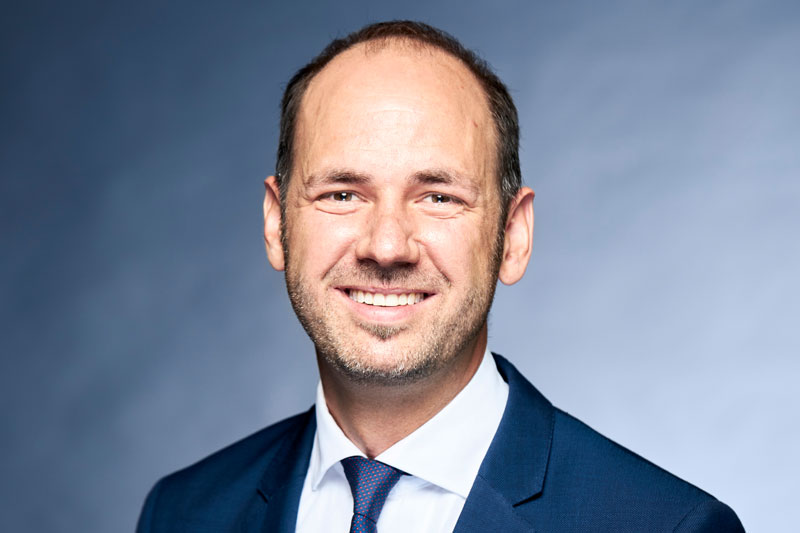Energy transition offers great opportunities for Port…
In this interview, Dr Melanie Leonhard, Senator for Economics and Innovation, explains how the Port of Hamburg intends to position itself ...
Mr. Stuhrmann, with the creation of the "Sustainable Energy Hub" (SEH), you have initiated an effort to bring together numerous stakeholders. How do you successfully unite and align such diverse interests?
Our goal is to comprehend and adress the needs of the partners within the Sustainable Energy Hub. The idea is to provide partners with an additional platform for sharing ideas and discussing mutual interests, collaboration opportunities, and infrastructure requirements. Stakeholders are keen on exchanging ideas, even while acknowledging that, ultimately, everyone must prioritize the profitability of their individual projects.
What initial milestones do you see for the SEH?
One of the most important milestones will undoubtedly be the inauguration of the sustainable ammonia import terminal by Mabanaft and Air Products, which is expected to take place in 2026. Other key steps include the activation of the sustainable methanol import terminal by EVOS and the Lother Group, along with the start of hydrogen production by electrolysis by Hamburger Energiewerke - both also scheduled for 2026.
What other companies would you like to see involved in the initiative?
We would like to expand the initiative to include potential bulk buyers of new energy in ports. Additionally, we seek involvement from shipping companies, recognizing their pivotal role in transporting new energy by sea and propelling ships using sustainable energy sources.
What significance do you attach to the initiative – not exclusively for the Port of Hamburg, but also for Germany?
Germany requires tremendous amounts of renewable energy, much of which will be imported. The Port of Hamburg already stands as an important energy hub. The "Sustainable Energy Hub" initiative actively supports the transition to a fossil-free economy within the port and contributes to Germany's energy supply.
Hydrogen and its derivatives are essential not only for energy generation, but also for processes crucial to Germany's chemical and basic materials industries. Supplying the industry with sustainable raw materials is a task of the ports. The
stakeholders in the Port of Hamburg span the entire added-value chain of new energies, encompassing production, import, processing, consumption, research and development, and logistics.
Is there a timeline for implementing the Sustainable Energy Hub?
The Sustainable Energy Hub is not so much a project as an ongoing process. It can only be completed when fossil fuels are no longer relevant.
Do German ports receive sufficient support from the federal government for such initiatives, and in general?
Many projects rely on public funding. The federal funding that has already been promised for electrolysis, the construction of a hydrogen pipeline network, and applications such as in steel production, is urgently needed to develop the market. We anticipate that these subsidies will be delivered by the federal government.
